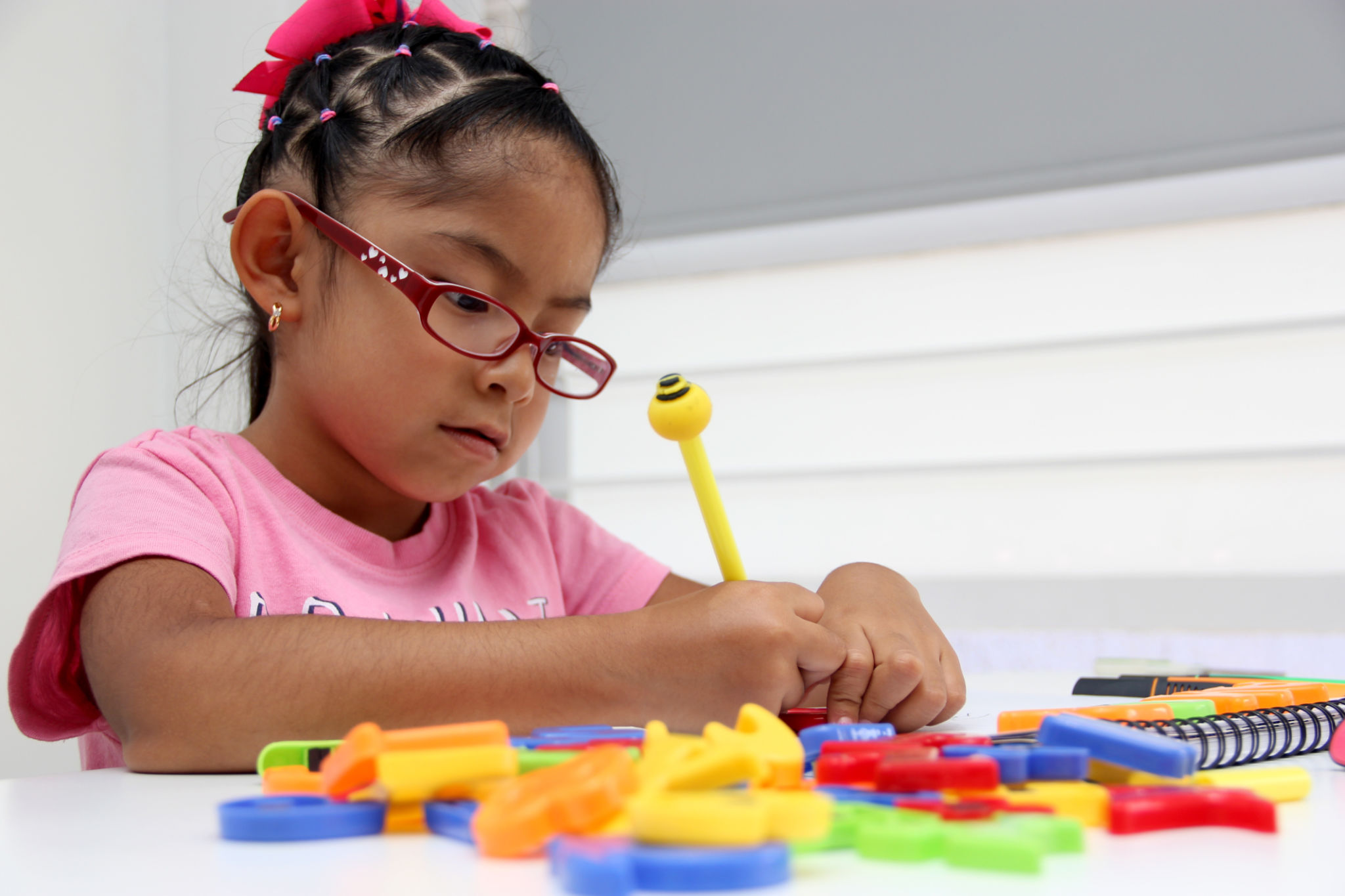The Benefits of Chess as a Tool for Cognitive Growth in Children
Introduction to Chess and Cognitive Development
Chess has long been celebrated as a game of intellect and strategy, but its benefits extend far beyond the board. For children, engaging in chess offers a unique opportunity to enhance cognitive abilities. This classic game is not only entertaining but also serves as a powerful tool for mental growth.
From problem-solving skills to improved memory, chess provides a myriad of advantages that can significantly impact a child's cognitive development. By understanding these benefits, parents and educators can better appreciate the value of incorporating chess into a child's routine.

Enhancing Problem-Solving Skills
One of the most significant benefits of chess is its ability to improve problem-solving skills. Each game requires players to evaluate different scenarios, anticipate potential moves, and devise strategic plans. For children, this constant exercise in critical thinking helps develop the ability to tackle complex problems effectively.
As children progress in their chess skills, they learn to analyze situations from multiple perspectives, fostering creativity and innovation. These skills are invaluable not only in the classroom but also in everyday life.
Boosting Memory and Concentration
Chess is an excellent way to enhance memory and concentration. The game demands players to remember the rules, strategies, and previous moves. This mental exercise helps improve a child's ability to retain information and focus on tasks for extended periods.
Additionally, chess cultivates attention to detail, as each move can significantly impact the outcome. Children learn to concentrate deeply, which can translate into better academic performance and increased productivity in various activities.

Fostering Emotional Intelligence
Beyond cognitive benefits, chess also plays a role in developing emotional intelligence. The game teaches patience, resilience, and sportsmanship. Children learn to manage their emotions, cope with losses gracefully, and celebrate victories modestly.
This emotional maturity is crucial for personal development, helping children build healthy relationships and navigate social challenges with ease.
Improving Academic Performance
The cognitive skills honed through chess extend into academic performance. Studies have shown that children who play chess regularly tend to excel in subjects like math and science. The logical reasoning and analytical skills acquired through chess provide a strong foundation for understanding complex concepts.
- Enhanced critical thinking
- Improved problem-solving abilities
- Increased concentration and focus

Encouraging Lifelong Learning
Chess instills a love for learning by presenting an ever-evolving challenge. As children continue to play, they discover new strategies and tactics, encouraging a growth mindset. This passion for learning can inspire children to explore new interests and seek knowledge throughout their lives.
Moreover, chess fosters self-discipline and goal-setting, empowering children to pursue their ambitions with determination.
Conclusion: The Lasting Impact of Chess
Incorporating chess into a child's routine can have profound effects on cognitive growth. From enhancing problem-solving skills to fostering emotional intelligence, the benefits of chess are vast and enduring. By introducing children to this timeless game, parents and educators can provide a valuable tool for intellectual development that will serve them well throughout their lives.
As more schools and communities recognize the advantages of chess, we can look forward to a generation of critical thinkers who excel academically and socially. Whether played casually at home or competitively in clubs, chess offers limitless opportunities for growth and enrichment.
